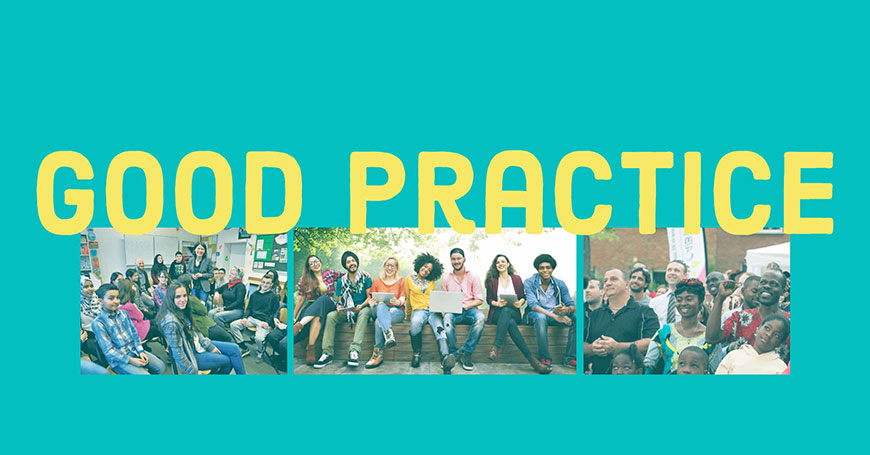Intercultural cities: good practice examples

The first step is the adoption (and implementation) of strategies that facilitate positive intercultural encounters and exchanges, and promote equal and active participation of residents and communities in the development of the city, thus responding to the needs of a diverse population. The Intercultural integration policy model is based on extensive research evidence, on a range of international legal instruments, and on the collective input of the cities member of the Intercultural Cities programme that share their good practice examples on how to better manage diversity, address possible conflicts, and benefit from the diversity advantage.
This section offers examples of intercultural approaches that facilitate the development and implementation of intercultural strategies.
Schools for equality and diversity
Purpose: To promote a quality education system that is inclusive and promotes equal opportunities for all students. More precisely, to build capacity of teachers on the prevention of violence and...
Pròxim: Access to the labour market
Purpose: Pròxim Programme is a social and labour insertion programme for people in an irregular administrative situation that could be regularised. The objectives are: To increase the level of...
Interreligious dialogue in Valladolid
Purpose: Promote attitudes of respect for religious diversity by involving representatives of religious communities in the representatives of religious communities in the shared management of...


